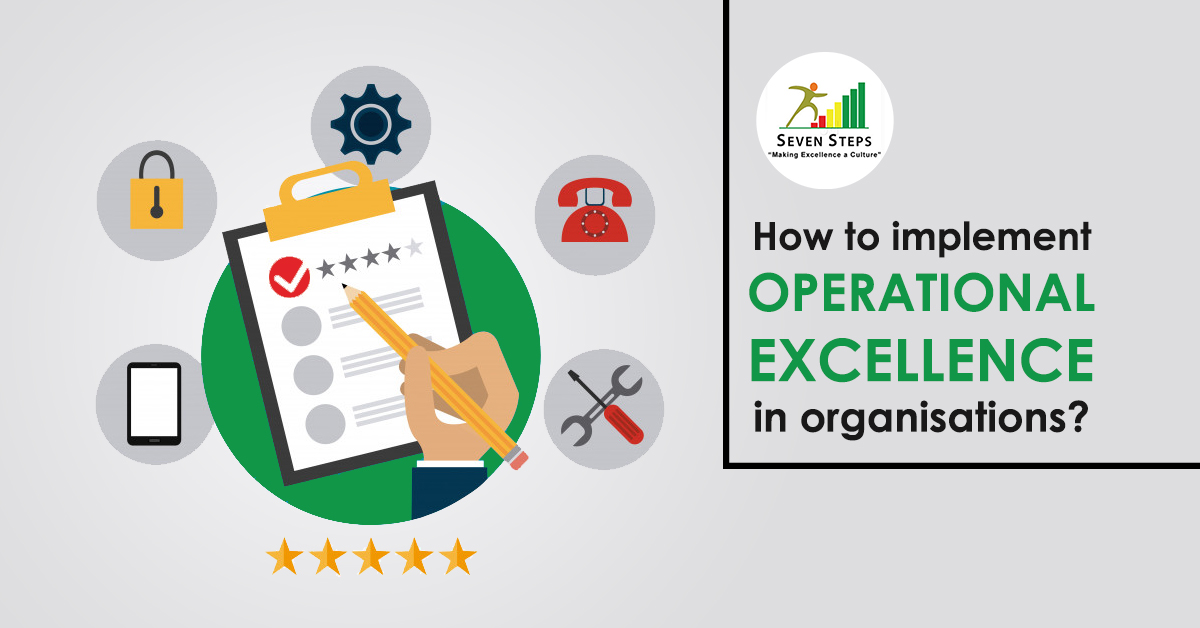
A material manager oversees the purchasing and delivery of materials. Typically, they come from inventory or raw materials management. It is important that they are knowledgeable about the types of raw material required to produce a product. They must also be resourceful in searching for these materials. To negotiate the best prices and delivery rates, they must have good relationships with vendors. A materials manager's salary is important. Listed below are some tips to help you get the job.
Job description
A materials manager is responsible for the management of stock and purchasing operations. They must have excellent problem-solving and stock management skills. A material manager's job involves managing inventory, budgets and efficiencies. As well as managing inventory, the position must coordinate and supervise subordinates. An advanced degree is a prerequisite for this role. The materials manager must also have previous experience in a similar position.
A materials manager typically holds at least a bachelor's level in business administration. If the job requires a supervisor, however, a master's in a related field may be advantageous. A master's degree in a related field is preferable to on-the job experience. Education is an asset, however. Materials managers should have at minimum three years of experience working in a manufacturing environment before they can apply for a managerial position.

Responsibilities
Materials managers are responsible for evaluating projects and determining the materials that will be required to produce finished products. He or she may also manage inventory via the company's supply chains management system and be responsible for maintaining spare parts in order to repair defective products. He or she might also be responsible for training employees on how to use inventory control systems. These positions are crucial in many companies but do not require extensive training.
Job description: A material manager oversees the procurement of materials for a company. He or she also manages the storage and distribution of those materials. Experience in logistics, inventory control, supply chain management and logistics are required for this job. Experience in these areas is an advantage. They will also be working closely with vendors and purchasing departments to establish requirements and plan distribution. These positions require a bachelor’s degree in business as well as a strong analytical mind.
Education required
Consider the educational requirements for a job as a material manager if you're interested in this career. This position requires management skills and an understanding of logistics and receiving. As a material supervisor, you will interact with QC personnel and high-ranking managers. Job duties include planning functions and delegating work to subordinates. Managers should be able evaluate subordinates' performance, and foster harmonious working relationships.
Materials managers usually have a Bachelor's Degree in a related area. Some companies also require that a materials manager has at least two years' experience before hiring someone with that education. Higher-ranking positions might require additional education. Many material managers have certifications such as the American Purchasing Society (CPSCP), and the APICS (Association of Purchasing Professionals).

Salary
The average annual salary for a Materials Manager is around $78,500. This figure is based off 106 TurboTax user salaries. It includes taxable wages, tips, and bonuses. The salary ranges from $25,000 to $168,000 depending on education and experience. To reflect inflation, salary data is adjusted annually. To learn more about the salary range for Materials Managers, click here.
You need to have experience in management before you can become a manager of materials. You should have a good understanding of logistics, receiving, and shipping. A good understanding of the industry you wish to work in is essential if you work in the manufacturing sector. This will help you negotiate the most favorable prices with suppliers. The experience and training a materials manager has will impact the salary.
FAQ
What is meant by manufacturing industries?
Manufacturing Industries are those businesses that make products for sale. Consumers are those who purchase these products. To accomplish this goal, these companies employ a range of processes including distribution, sales, management, and production. They make goods from raw materials with machines and other equipment. This includes all types and varieties of manufactured goods, such as food items, clothings, building supplies, furnitures, toys, electronics tools, machinery vehicles, pharmaceuticals medical devices, chemicals, among others.
What are the essential elements of running a logistics firm?
You need to have a lot of knowledge and skills to manage a successful logistic business. Good communication skills are essential to effectively communicate with your suppliers and clients. You need to understand how to analyze data and draw conclusions from it. You must be able to work well under pressure and handle stressful situations. To improve efficiency, you must be innovative and creative. To motivate and guide your team towards reaching organizational goals, you must have strong leadership skills.
To meet tight deadlines, you must also be efficient and organized.
What are the responsibilities for a manufacturing manager
The manufacturing manager should ensure that every manufacturing process is efficient and effective. They should be alert for any potential problems in the company and react accordingly.
They must also be able to communicate with sales and marketing departments.
They should be up to date on the latest trends and be able apply this knowledge to increase productivity and efficiency.
What are the 7 Rs of logistics.
The acronym 7R's of Logistic is an acronym that stands for seven fundamental principles of logistics management. It was developed by International Association of Business Logisticians (IABL), and published as part of their "Seven Principles of Logistics Management Series" in 2004.
The acronym is made up of the following letters:
-
Responsible - ensure that all actions taken are within legal requirements and are not harmful to others.
-
Reliable - have confidence in the ability to deliver on commitments made.
-
Be responsible - Use resources efficiently and avoid wasting them.
-
Realistic - consider all aspects of operations, including cost-effectiveness and environmental impact.
-
Respectful - Treat people fairly and equitably
-
Responsive - Look for ways to save time and increase productivity.
-
Recognizable - provide customers with value-added services.
Statistics
- In 2021, an estimated 12.1 million Americans work in the manufacturing sector.6 (investopedia.com)
- Many factories witnessed a 30% increase in output due to the shift to electric motors. (en.wikipedia.org)
- [54][55] These are the top 50 countries by the total value of manufacturing output in US dollars for its noted year according to World Bank.[56] (en.wikipedia.org)
- Job #1 is delivering the ordered product according to specifications: color, size, brand, and quantity. (netsuite.com)
- You can multiply the result by 100 to get the total percent of monthly overhead. (investopedia.com)
External Links
How To
How to Use Lean Manufacturing in the Production of Goods
Lean manufacturing is a management style that aims to increase efficiency and reduce waste through continuous improvement. It was first developed in Japan in the 1970s/80s by Taiichi Ahno, who was awarded the Toyota Production System (TPS), award from KanjiToyoda, the founder of TPS. Michael L. Watkins published the book "The Machine That Changed the World", which was the first to be published about lean manufacturing.
Lean manufacturing refers to a set of principles that improve the quality, speed and costs of products and services. It is about eliminating defects and waste from all stages of the value stream. Lean manufacturing is also known as just in time (JIT), zero defect total productive maintenance(TPM), and five-star (S). Lean manufacturing emphasizes reducing non-value-added activities like inspection, rework and waiting.
Lean manufacturing can help companies improve their product quality and reduce costs. Additionally, it helps them achieve their goals more quickly and reduces employee turnover. Lean manufacturing is a great way to manage the entire value chain including customers, suppliers, distributors and retailers as well as employees. Lean manufacturing is widely used in many industries. Toyota's philosophy has been a key driver of success in many industries, including automobiles and electronics.
Lean manufacturing is based on five principles:
-
Define Value- Identify the added value your company brings to society. What makes you stand out from your competitors?
-
Reduce Waste - Remove any activity which doesn't add value to your supply chain.
-
Create Flow. Ensure that your work is uninterrupted and flows seamlessly.
-
Standardize and Simplify – Make processes as consistent, repeatable, and as simple as possible.
-
Build Relationships- Develop personal relationships with both internal as well as external stakeholders.
Lean manufacturing is not a new concept, but it has been gaining popularity over the last few years due to a renewed interest in the economy following the global financial crisis of 2008. To increase their competitiveness, many businesses have turned to lean manufacturing. Economists think that lean manufacturing is a crucial factor in economic recovery.
Lean manufacturing, which has many benefits, is now a standard practice in the automotive industry. These include higher customer satisfaction, lower inventory levels, lower operating expenses, greater productivity, and improved overall safety.
You can apply Lean Manufacturing to virtually any aspect of your organization. It is especially useful for the production aspect of an organization, as it ensures that every step in the value chain is efficient and effective.
There are three types of lean manufacturing.
-
Just-in Time Manufacturing (JIT), also known as "pull system": This form of lean manufacturing is often referred to simply as "pull". JIT means that components are assembled at the time of use and not manufactured in advance. This method reduces lead times, increases availability, and decreases inventory.
-
Zero Defects Manufacturing: ZDM ensures that no defective units leave the manufacturing plant. You should repair any part that needs to be repaired during an assembly line. This is true even for finished products that only require minor repairs prior to shipping.
-
Continuous Improvement (CI),: Continuous improvement aims improve the efficiency and effectiveness of operations by continuously identifying issues and making changes to reduce waste. It involves continuous improvement of processes, people, and tools.